Downsizing by buying cheaper land and building a smaller home?
macvirtualasst
9 years ago
Related Stories
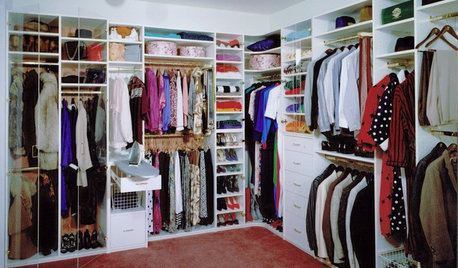
DECLUTTERINGDownsizing Help: How to Edit Your Belongings
Learn what to take and what to toss if you're moving to a smaller home
Full Story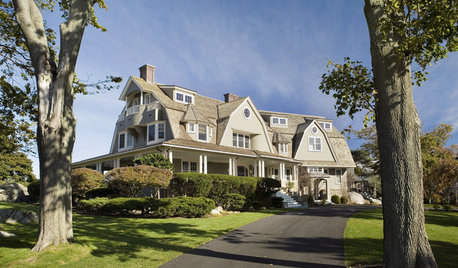
LIFEA Quick Downsizing Quiz for the Undecided
On the fence about downsizing? We help you decide whether that fencing should encircle a mansion or a mini trailer
Full Story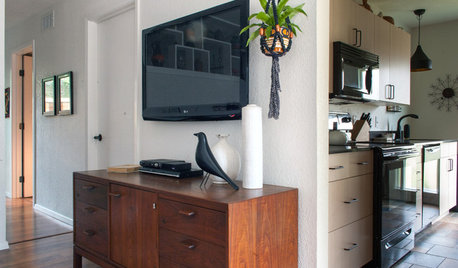
LIFETips for Moving Into a Smaller Space
Downsize with less compromise: Celebrate the positive, pare down thoughtfully and get the most from your new home
Full Story
SMALL HOMES28 Great Homes Smaller Than 1,000 Square Feet
See how the right layout, furniture and mind-set can lead to comfortable living in any size of home
Full Story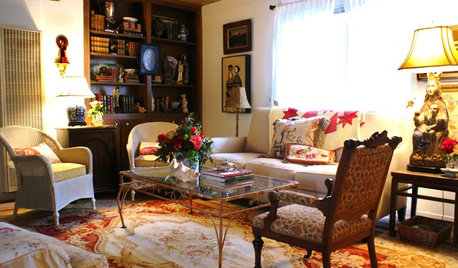
DECLUTTERINGDownsizing Help: Choosing What Furniture to Leave Behind
What to take, what to buy, how to make your favorite furniture fit ... get some answers from a homeowner who scaled way down
Full Story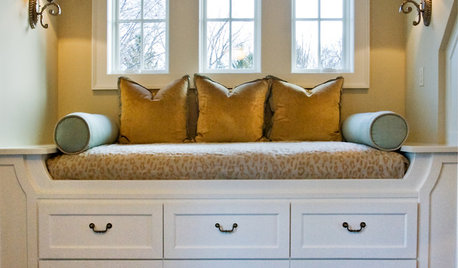
SMALL SPACESDownsizing Help: Storage Solutions for Small Spaces
Look under, over and inside to find places for everything you need to keep
Full Story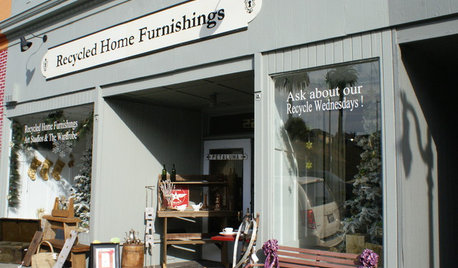
DECLUTTERINGDownsizing Help: How to Get Rid of Your Extra Stuff
Sell, consign, donate? We walk you through the options so you can sail through scaling down
Full Story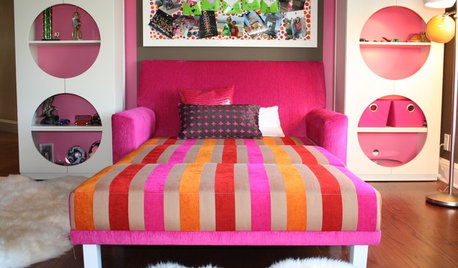
SMALL SPACESDownsizing Help: Where to Put Your Overnight Guests
Lack of space needn’t mean lack of visitors, thanks to sleep sofas, trundle beds and imaginative sleeping options
Full Story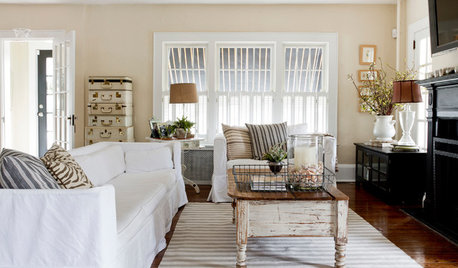
FEEL-GOOD HOMESimple Pleasures: 10 Ideas for a Buy-Less Month
Save money without feeling pinched by taking advantage of free resources and your own ingenuity
Full Story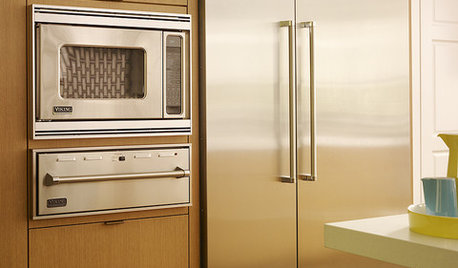
KITCHEN DESIGNA Cook’s 6 Tips for Buying Kitchen Appliances
An avid home chef answers tricky questions about choosing the right oven, stovetop, vent hood and more
Full Story







gabbythecat
GreenDesigns
Related Professionals
De Pere Architects & Building Designers · Saint Louis Park Architects & Building Designers · White Oak Architects & Building Designers · Palos Verdes Estates Design-Build Firms · Landover Home Builders · Montebello Home Builders · Groton General Contractors · Hanford General Contractors · Jefferson Valley-Yorktown General Contractors · Milford General Contractors · Mount Laurel General Contractors · New Milford General Contractors · Parkersburg General Contractors · Port Washington General Contractors · Wyomissing General ContractorsmacvirtualasstOriginal Author
gabbythecat
macvirtualasstOriginal Author
Pinebaron
LE
gabbythecat
mushcreek
macvirtualasstOriginal Author
robin0919
macvirtualasstOriginal Author